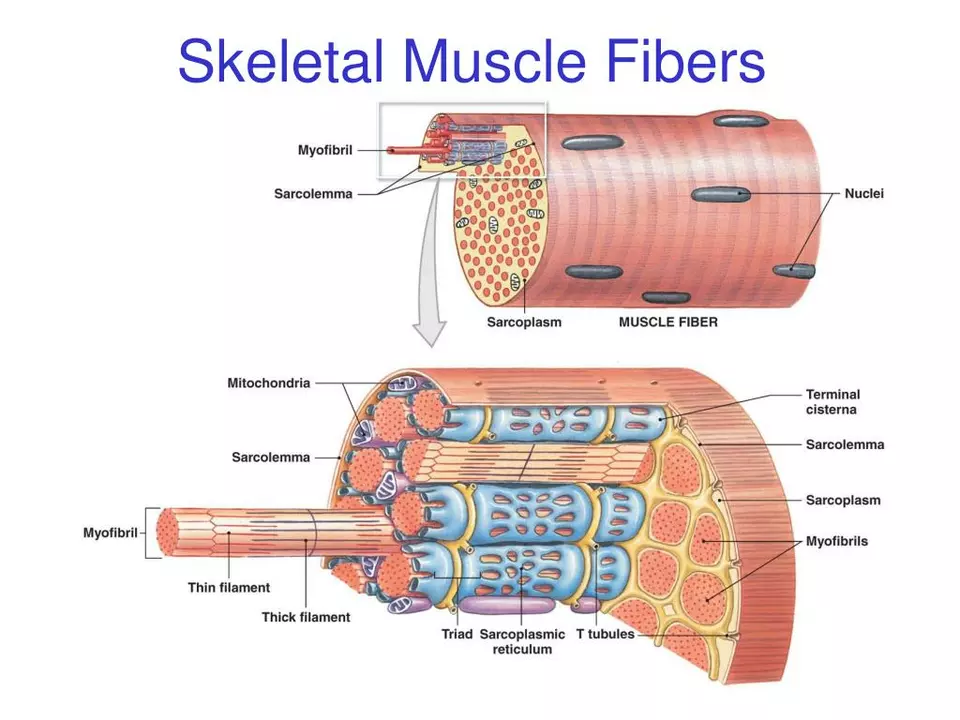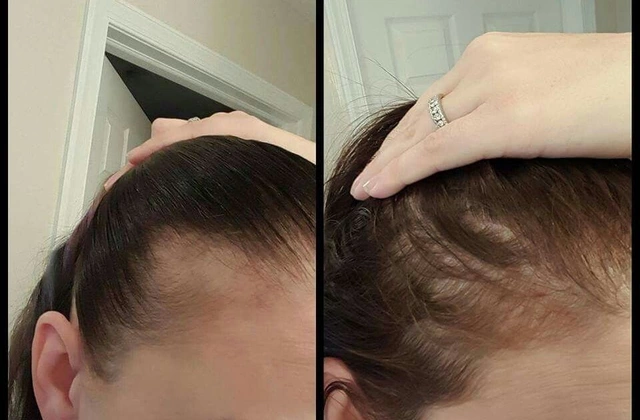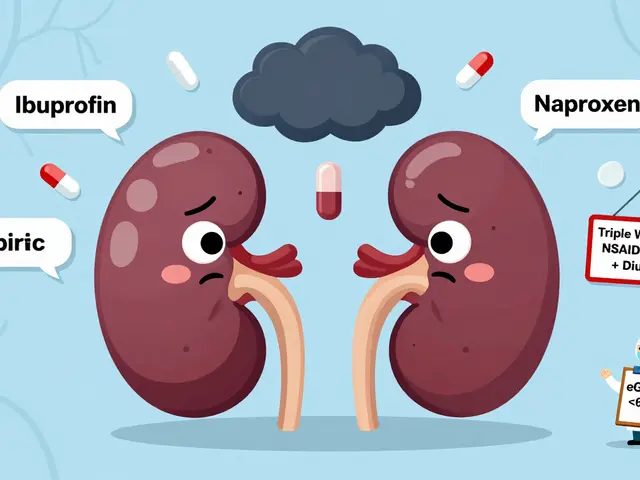Muscle conditions: how to spot causes and get better fast
Muscle pain, cramps, or sudden weakness can throw off your day. Sometimes it’s a small strain from lifting or a cramp after a hard workout. Other times it signals low electrolytes, medication side effects, or a medical condition that needs treatment. This page gives straight answers you can use right away.
Common causes and how they feel
Strain: Sharp pain after a specific move. Swelling and soreness usually show up within 24–48 hours. Rest, ice for the first two days, then gentle movement.
Cramps: Sudden, tight knots that last seconds to minutes. Dehydration, low potassium, magnesium, or phosphate can trigger cramps. Stretch, rehydrate, and try a magnesium-rich snack like bananas or almonds.
Medication-related problems: Some drugs cause muscle pain or weakness. Statins may cause aching; fluoroquinolone antibiotics (like levofloxacin) can injure tendons and sometimes muscles; steroids can weaken muscles over time. If muscle symptoms start after a new drug, talk to your prescriber.
Metabolic and medical causes: Low phosphate (hypophosphatemia), low thyroid function, electrolyte imbalances, and inflammatory muscle diseases (myositis) cause persistent weakness rather than brief pain. These usually need a blood test or specialist review.
Practical steps to feel better
Do this first: Stop the activity that caused the pain. For recent injuries, use RICE—rest, ice, compression, elevation—during the first 48 hours. After that, switch to heat and gentle motion to prevent stiffness.
Manage pain and inflammation: Over-the-counter pain relievers like ibuprofen or acetaminophen can help if you have no medical reason to avoid them. Use for short periods while you rest and start gentle stretches once pain eases.
Hydrate and balance electrolytes: If you get cramps during exercise or after drinking alcohol, sip water and use an electrolyte drink. If cramps or weakness are frequent, ask your doctor to check potassium, magnesium, and phosphate.
Strength and mobility: When pain allows, do low-impact strength work and range-of-motion exercises. Physical therapy helps with persistent problems and prevents re-injury.
When to call a doctor: Severe muscle weakness that limits daily tasks, dark urine, high fever with muscle pain, sudden swelling after injury, or persistent symptoms despite home care. Also check with your doctor if symptoms begin after starting a new medication.
Prevention tips: Warm up before exercise, use proper lifting technique, stay hydrated, and review medications with your clinician if you notice new muscle symptoms. Small changes—better sleep, gradual training progress, and balanced electrolytes—cut risk a lot.
If you want, scan our related guides for deeper info on meds that affect muscles, electrolyte problems, and rehab tips. Treat muscle trouble early and you’ll usually be back to normal faster.
In my latest blog post, I delve into the fascinating world of genetics and its role in skeletal muscle conditions. It's amazing to learn how our genes can influence muscle development, function, and even predispose us to certain conditions like muscular dystrophy or myopathy. As research progresses, scientists are discovering more about the complex genetic factors that contribute to these disorders. This knowledge not only helps improve diagnosis and treatment options, but also opens the door to potential gene therapies in the future. I encourage everyone to read up on this captivating topic, as understanding our genetic makeup can empower us in managing our health and well-being.
View Details

